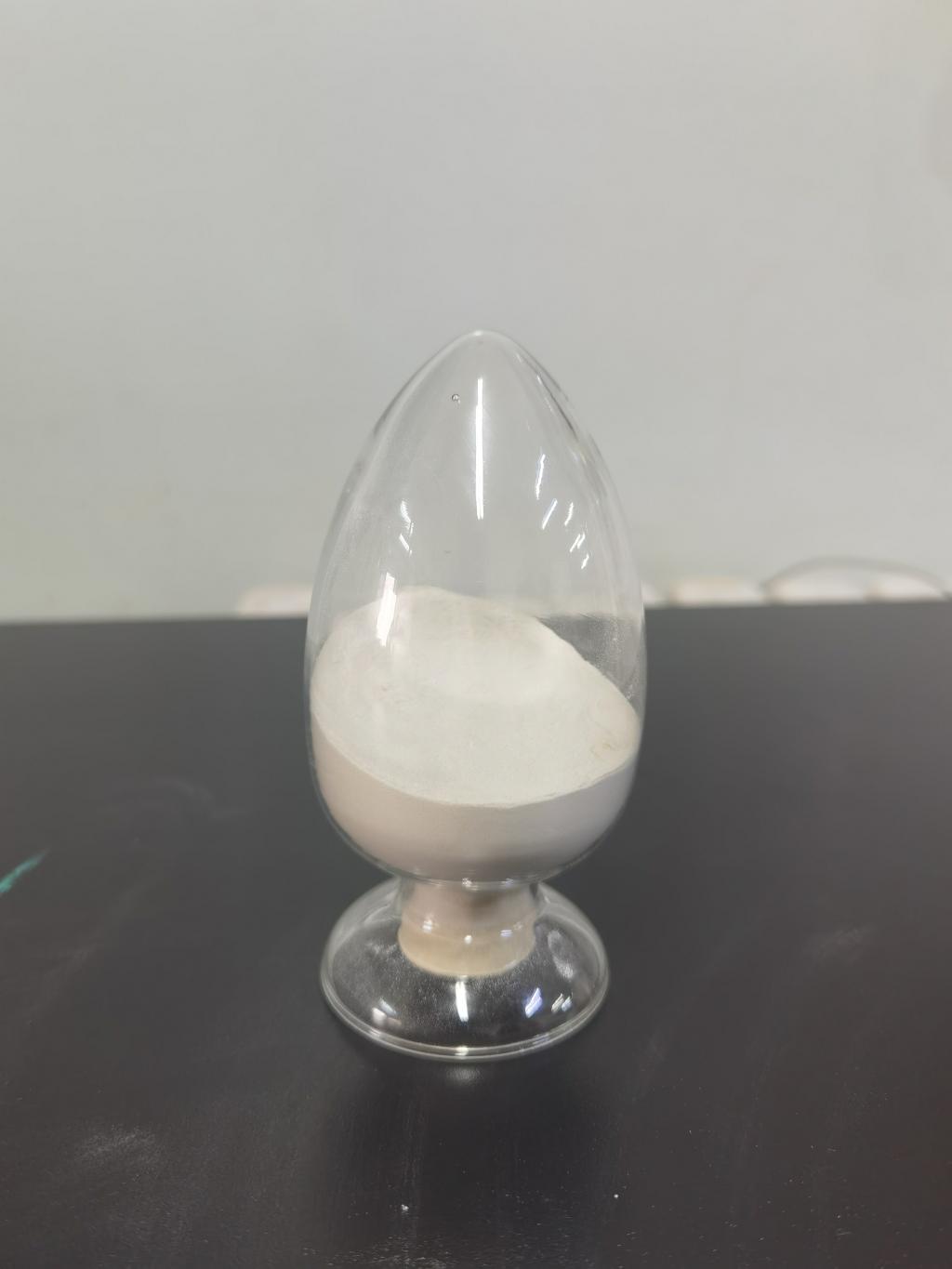Tel:+8618231198596

News
 CONTACT
CONTACT
 CONTACT
CONTACT
- Linkman:Linda Yao
- Tel: +8618231198596
- Email:linda.yao@dcpharma.cn
- Linkman:CHARLES.WANG
- Department:Overseas
- Tel: 0086 0311-85537378 0086 0311-85539701
News
Current Position:
Home >
News
>Nisin's applications in promoting food safety in large-scale catering and events.
Nisin's applications in promoting food safety in large-scale catering and events.
TIME:2023-08-16
Introduction:
Large-scale catering and events present unique challenges when it comes to ensuring food safety. The sheer scale of food preparation, handling, and distribution increases the risk of foodborne illnesses due to microbial contamination. Nisin, a bacteriocin produced by Lactococcus lactis, has garnered attention for its potential to address these challenges. With its proven antimicrobial properties and natural origin, nisin offers an innovative approach to improving food safety standards in these dynamic settings.
Nisin's Mechanism of Action:
Nisin exerts its antimicrobial effects by disrupting the cell membranes of target microorganisms, leading to cell death. This targeted mode of action reduces the likelihood of microbial resistance, a critical concern in the context of food safety. Nisin's broad spectrum of activity against various bacteria, including pathogens and spoilage organisms, makes it an ideal candidate for preventing bacterial contamination during large-scale food preparation and service.
Applications in Large-Scale Catering and Events:
Pathogen Control: Nisin can play a crucial role in preventing the growth of pathogenic bacteria, such as Salmonella, Escherichia coli, and Listeria, which are common culprits in foodborne outbreaks. By incorporating nisin into food products, the risk of contamination and subsequent foodborne illnesses can be significantly reduced.
Extended Shelf-Life: Large-scale events often involve advance food preparation and storage. Nisin's antimicrobial properties enable the extension of shelf-life for prepared foods, minimizing food waste and ensuring the safety of meals served over an extended period.
Enhanced Safety of Ready-to-Eat Foods: Ready-to-eat foods, a staple in catering and events, are particularly susceptible to contamination. Nisin can enhance the safety of these foods by inhibiting the growth of spoilage and pathogenic microorganisms.
Reduced Reliance on Chemical Preservatives: Nisin offers a natural alternative to synthetic chemical preservatives, aligning with the growing consumer demand for clean-label and minimally processed foods.
Ensuring International Food Safety Standards: Large-scale events often cater to a diverse audience with varying dietary preferences and sensitivities. Nisin's potential in preventing cross-contamination and ensuring food safety aligns with international standards and regulations.
Challenges and Considerations:
The incorporation of nisin in large-scale catering and events is not without challenges:
Dosage Optimization: Determining the optimal concentration of nisin to achieve effective microbial control while maintaining food quality and safety is essential.
Sensory Considerations: Nisin's impact on food sensory attributes, such as taste and texture, must be carefully evaluated to ensure that its presence does not negatively affect the dining experience.
Regulatory Approval: Nisin's use as a food preservative may be subject to regulatory approval in different regions, necessitating compliance with relevant guidelines.
Integration into Existing Practices: Integrating nisin into established food production and service practices requires training and education for culinary professionals and staff.
Future Directions and Conclusions:
The potential applications of nisin in promoting food safety in large-scale catering and events are promising. As the demand for safe and high-quality food experiences continues to rise, nisin's role in preventing foodborne illnesses and maintaining food quality becomes increasingly significant. Research and development efforts should focus on optimizing dosages, assessing sensory impact, and ensuring regulatory compliance. By harnessing the antimicrobial power of nisin, the catering and events industry can enhance food safety measures, mitigate risks, and provide attendees with memorable and worry-free dining experiences. As this natural preservative gains traction, it has the potential to transform the landscape of large-scale food service, setting new standards for food safety and quality.
- Tel:+8618231198596
- Whatsapp:18231198596
- Chat With Skype







